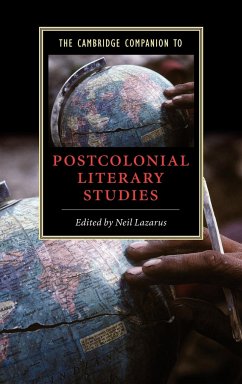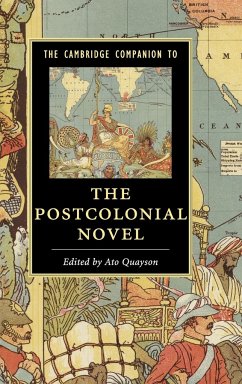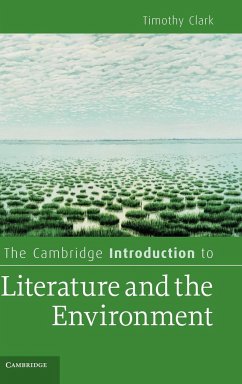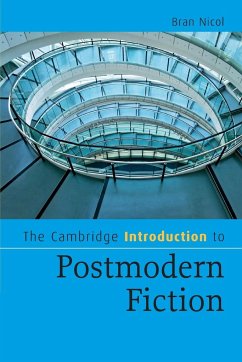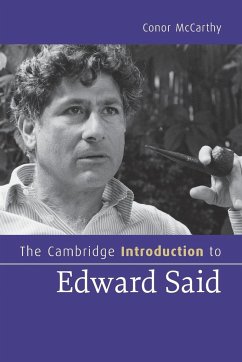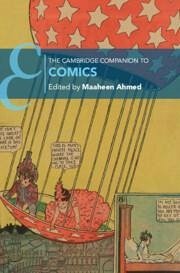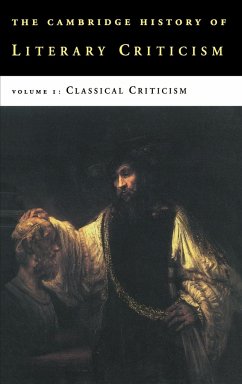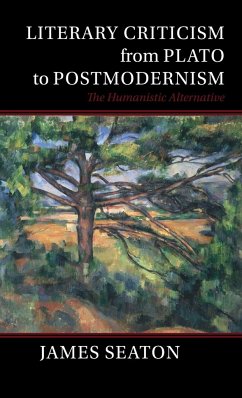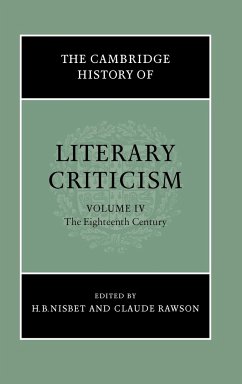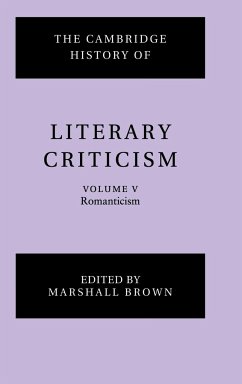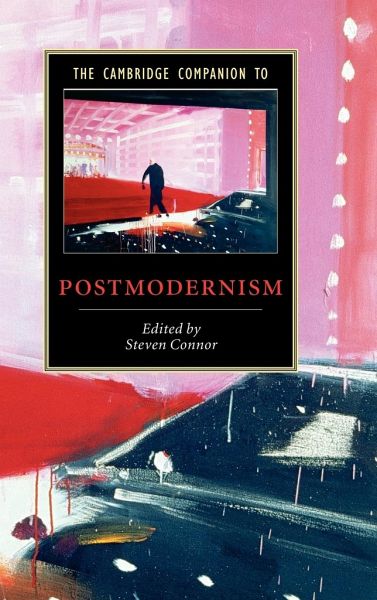
The Cambridge Companion to Postmodernism
Versandkostenfrei!
Versandfertig in 1-2 Wochen
104,99 €
inkl. MwSt.
Weitere Ausgaben:

PAYBACK Punkte
52 °P sammeln!
This Companion offers a comprehensive introduction to postmodernism.The Cambridge Companion to Postmodernism offers a comprehensive introduction to postmodernism. The Companion examines the different aspects of postmodernist thought and culture that have had a significant impact on contemporary cultural production and thinking. Topics discussed by experts in the field include postmodernism's relation to modernity, and its significance and relevance to literature, film, law, philosophy, architecture, religion and modern cultural studies. The volume also includes a useful guide to further readin...
This Companion offers a comprehensive introduction to postmodernism.
The Cambridge Companion to Postmodernism offers a comprehensive introduction to postmodernism. The Companion examines the different aspects of postmodernist thought and culture that have had a significant impact on contemporary cultural production and thinking. Topics discussed by experts in the field include postmodernism's relation to modernity, and its significance and relevance to literature, film, law, philosophy, architecture, religion and modern cultural studies. The volume also includes a useful guide to further reading and a chronology. This is an essential aid for students and teachers from a range of disciplines interested in postmodernism in all its incarnations. Accessible and comprehensive, this Companion addresses the many issues surrounding this elusive, enigmatic and often controversial topic.
Table of content:
Introduction Steven Connor; 1. Postmodernism and philosophy Paul Sheehan; 2. Postmodernism and film Catherine Constable; 3. Postmodernism and literature Steven Connor; 4. Postmodernism and art Stephen Melville; 5. Postmodernism and performance Philip Auslander; 6. Postmodernism and space Julian Murphet; 7. Science, technology and postmodernism Ursula K. Heise; 8. Postmodernism and post-religion Philippa Berry; 9. Postmodernism and ethics Robert Eaglestone; 10. Law and justice in postmodernity Costas Douzinas; Further reading; Index.
The Cambridge Companion to Postmodernism offers a comprehensive introduction to postmodernism. The Companion examines the different aspects of postmodernist thought and culture that have had a significant impact on contemporary cultural production and thinking. Topics discussed by experts in the field include postmodernism's relation to modernity, and its significance and relevance to literature, film, law, philosophy, architecture, religion and modern cultural studies. The volume also includes a useful guide to further reading and a chronology. This is an essential aid for students and teachers from a range of disciplines interested in postmodernism in all its incarnations. Accessible and comprehensive, this Companion addresses the many issues surrounding this elusive, enigmatic and often controversial topic.
Table of content:
Introduction Steven Connor; 1. Postmodernism and philosophy Paul Sheehan; 2. Postmodernism and film Catherine Constable; 3. Postmodernism and literature Steven Connor; 4. Postmodernism and art Stephen Melville; 5. Postmodernism and performance Philip Auslander; 6. Postmodernism and space Julian Murphet; 7. Science, technology and postmodernism Ursula K. Heise; 8. Postmodernism and post-religion Philippa Berry; 9. Postmodernism and ethics Robert Eaglestone; 10. Law and justice in postmodernity Costas Douzinas; Further reading; Index.





